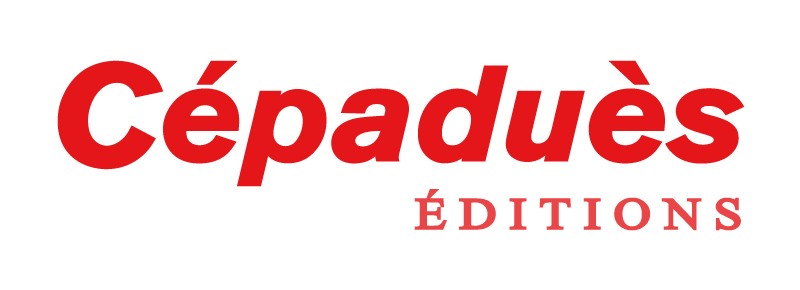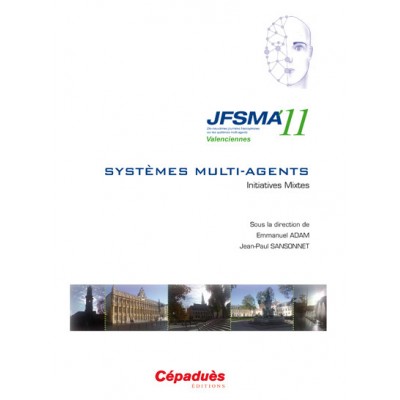Casanova: un comportement d'agent pour l'équité des mariages préservant la privacité
Cet article prône une approche orientée individu
pour la résolution du problème classique
des mariages stables. Selon cette approche, la
solution émerge des négociations entre agents.
Par exemple, l'algorithme de Gale-Shapley
(GS) distingue deux comportements d'agents
(proposant et disposant) qui négocient pour
aboutir à une solution stable, pareto-otpimale
mais inéquitable : la communauté des proposants
est favorisée. Nous proposons ici l'algorithme
Casanova qui met en oeuvre une stratégie
de concession minimale. Les agents jouent
simultanément le rôle de disposant et de proposant
dans une multitude de négociations bilatérales.
De plus, les solutions qui émergent ne
peuvent être atteintes par GS et elles sont plus
équitables. Notre implémentation est décentralisée
et préserve la privacité.
This paper promotes an individual-based approach
for solving a well-known problem, the
stable marriage problem. In this approach, a solution
is the output of an emergent phenomena
due to the negotiation between the agents. For
instance, the Gale-Shapley (GS) algorithm implies
two distinct behaviours (the proposer and
the responder) to reach a stable matching which
is pareto-optimal even if it is in favour of the
proposers rather than the responders. We propose
here the Casanova algorithm which applies
the minimal concession strategy for negotiation.
Each agents play the role of proposer
and responder in multi bi-lateral negotiations.
Moreover, the emergent solutions, which
are more equitable, cannot be reached by GS.
Our implementation is privacy-preserving and
decentralized.

